FQH at IUNS-ICN 2025 — Integrating Food, Farming, Nutrition and Health for a Sustainable Future
FQH hosted a scientific symposium at the 23rd International Congress of Nutrition (IUNS-ICN 2025), held at the Palais des Congrès in Paris. The session, titled "Integrating Food, Farming, Nutrition and Health for a Sustainable Future — Lessons from Organic Food Systems", brought together experts to explore how organic and sustainable food systems can strengthen public health, environmental resilience, and global nutrition.
This event aligned well with the congress theme, "Sustainable Food for Global Health," and showcased evidence that connects agricultural practices to human health outcomes, from soil and plant microbiomes to diet quality and policy transformation.
Event Details
- Date: Wednesday, 27 August 2025
- Time: 08:00–09:30 CET
- Location: Palais des Congrès de Paris, Room 341
- Session Chairs: Prof. Carola Strassner, Dr. Denis Lairon, and Prof. Susanne Bügel
Highlights from the FQH Symposium
Prof. Gabriele Berg — The Edible Plant Microbiome and Human Health
Prof. Berg took participants into the fascinating world of the edible plant microbiome showing how fruits, vegetables, and even fermented foods carry living microbial communities that can influence nutrition and health.
She explained how traditional fermentation methods foster richer, more protective microbiomes than industrial processes, and how plant-derived microbes can be transmitted to the human gut, supporting microbiome diversity from an early age. Her talk emphasized microbiome-based solutions for the One Health framework, linking plant, human, and environmental health.
Key takeaway: Our diets are ecosystems, harnessing the plant microbiome can improve health, resilience, and sustainability.
Dr. Jonathan Dolley — Hansalim: Socio-Ecological Transformation in Food Systems
Dr. Dolley presented the Hansalim movement in Korea as a pioneering model for how community-based food cooperatives can drive systemic change. Through contract-based direct sales and strong cooperative networks, Hansalim has built fairer value chains across farmers, distributors, and consumers.
He outlined three main avenues of impact:
- Advocacy – raising public awareness and promoting universal access to safe, high-quality meals
- Partnership – collaborating with local governments, NGOs, and schools
- Demonstration – showcasing scalable models for sustainable food systems
Hansalim's influence has even extended to policy, shaping the School Meals Act (2006–2021), which now supports the inclusion of organic and eco-friendly ingredients in public meals.
Key takeaway: Grassroots food cooperatives can transform food systems, embedding sustainability into daily life and national policy.
Dr. Emmanuelle Kesse-Guyot — Consumption of Organic Food and Health Outcomes (BioNutriNet Project)
Dr. Kesse-Guyot shared recent findings from the BioNutriNet project, which investigates how organic food consumption relates to dietary patterns and health outcomes.
Her research shows that organic food consumers tend to eat more fruits, vegetables, fibre, and vitamins, and experience protective associations against chronic diseases, including obesity, diabetes, and certain cancers. A notable result indicated reduced breast cancer risk linked to lower pesticide exposure, highlighting how organic diets can benefit both human and environmental health.
She concluded by stressing the need for holistic sustainability, ensuring that nutritional, environmental, socio-cultural, and economic dimensions are all addressed in food-system transformation.
Key takeaway: Organic food consumption supports better health and lower environmental impact, but achieving large-scale change requires urgent policy and collective commitment.
Why This Session Matters
The symposium reflected FQH's mission to bridge science, and policy for a healthier planet. By combining microbiome science, community-based models, and epidemiological research, the session demonstrated how integrated, organic food systems can deliver real-world benefits across multiple levels of sustainability from soil to society.
As global discussions on how to feed the world healthily and sustainably continues, FQH's contribution at IUNS-ICN 2025 underscored that organic and agroecological systems are key to linking planetary and public health.
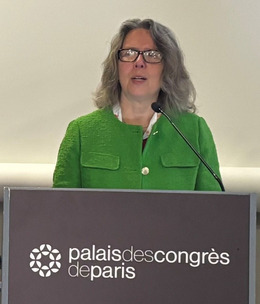


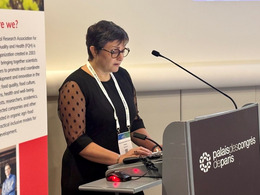
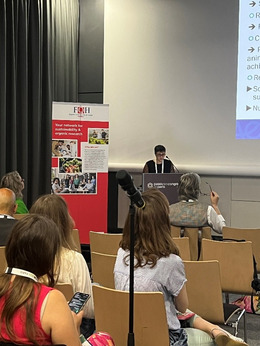

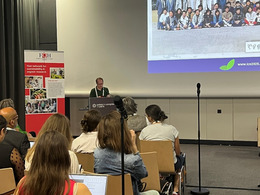
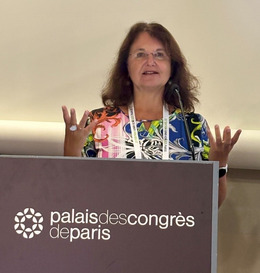

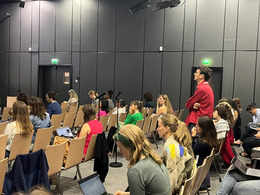
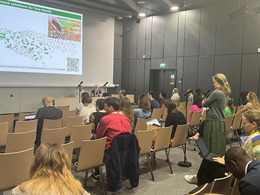

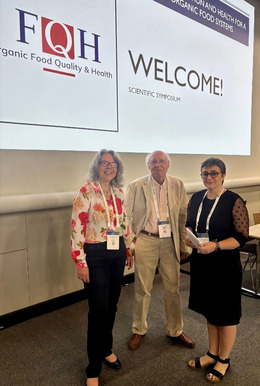
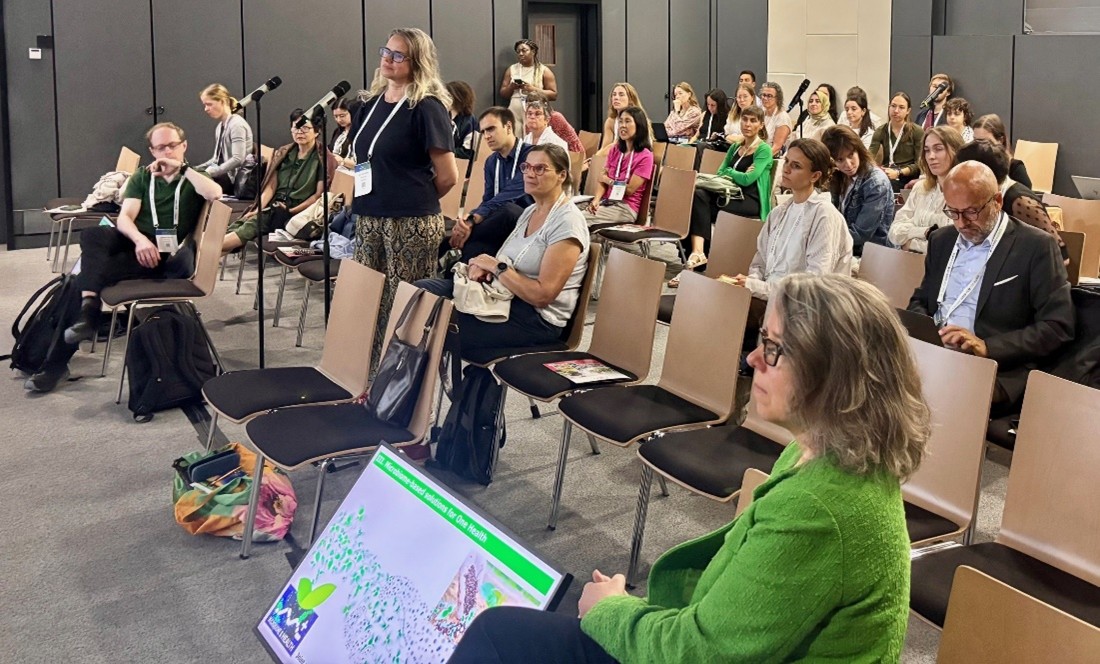
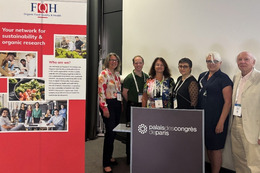
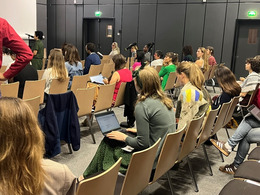
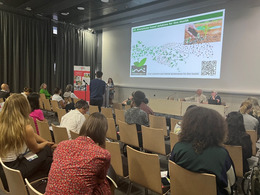
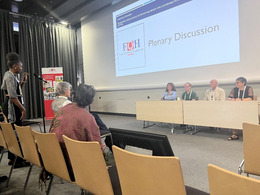
 tap and then scroll down to the Add to Home Screen command.
tap and then scroll down to the Add to Home Screen command.